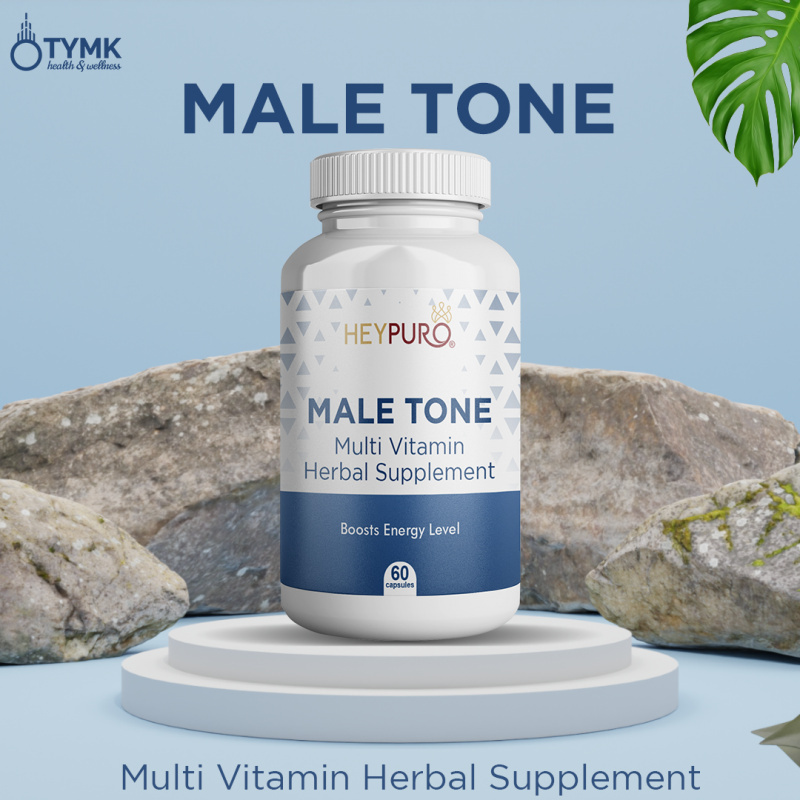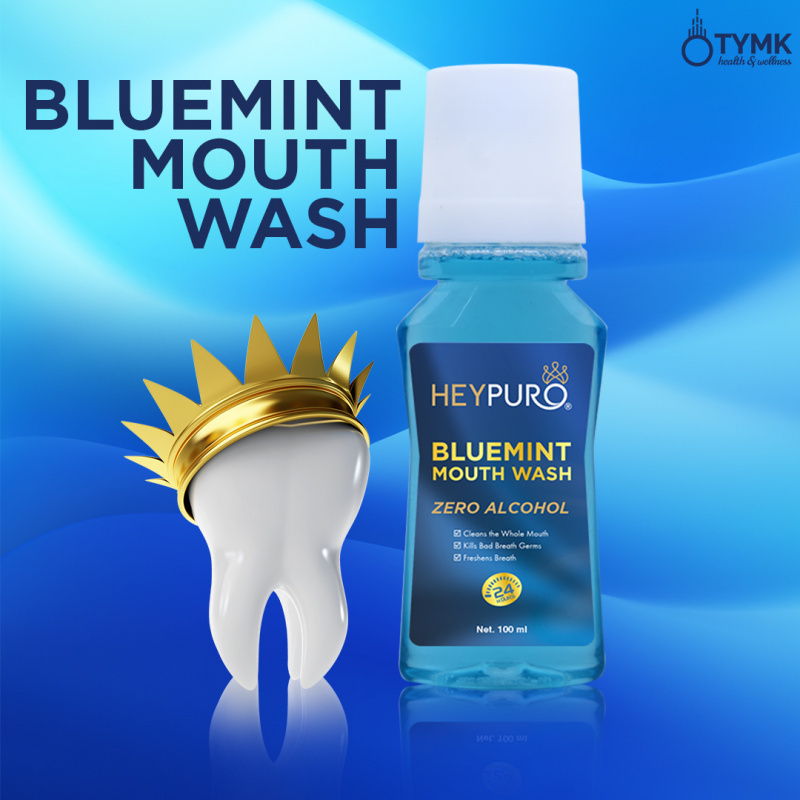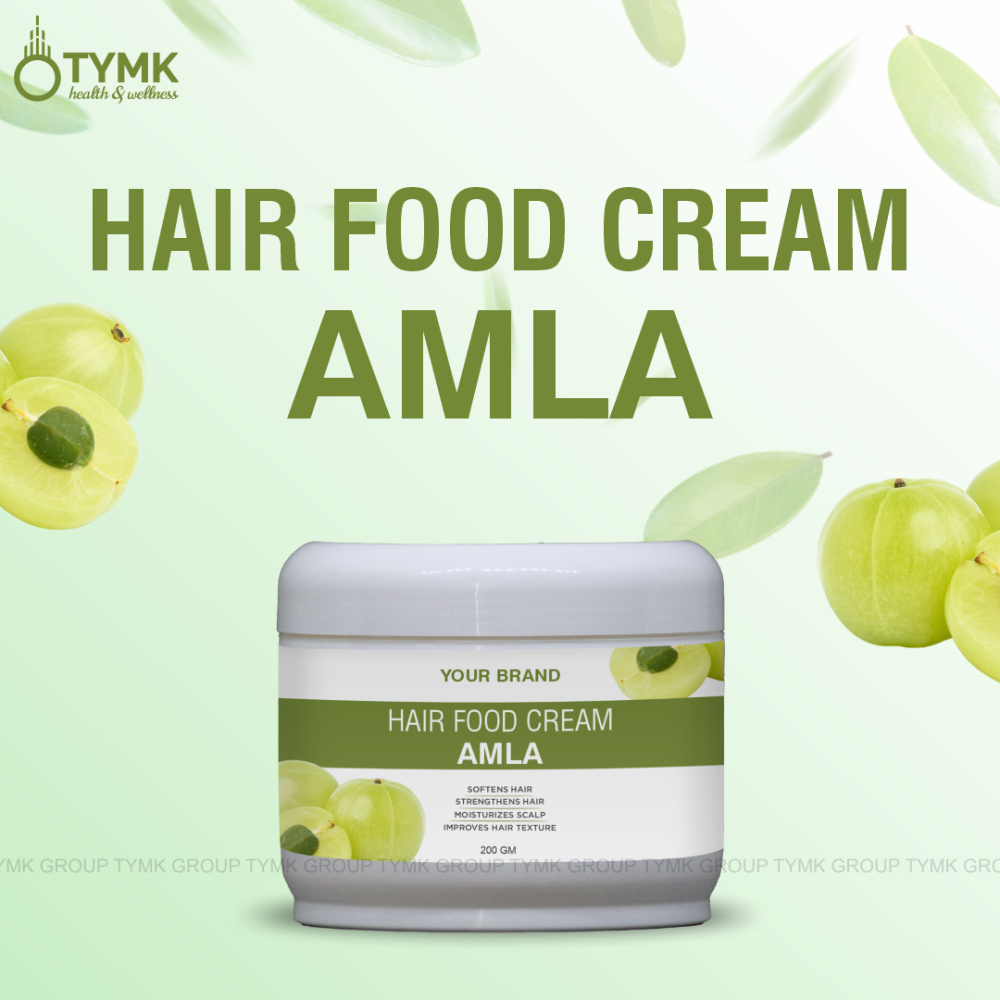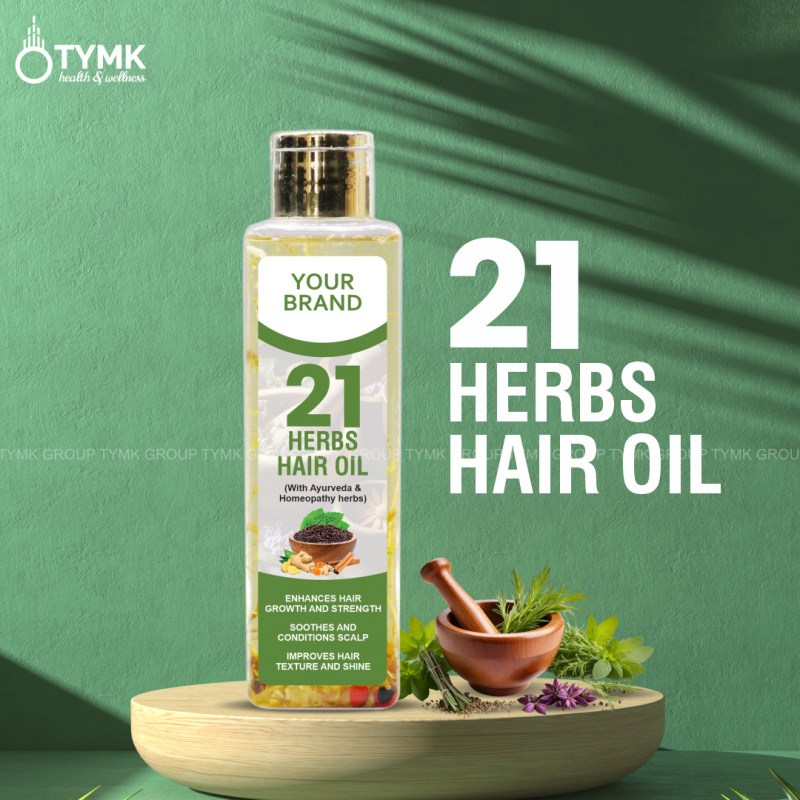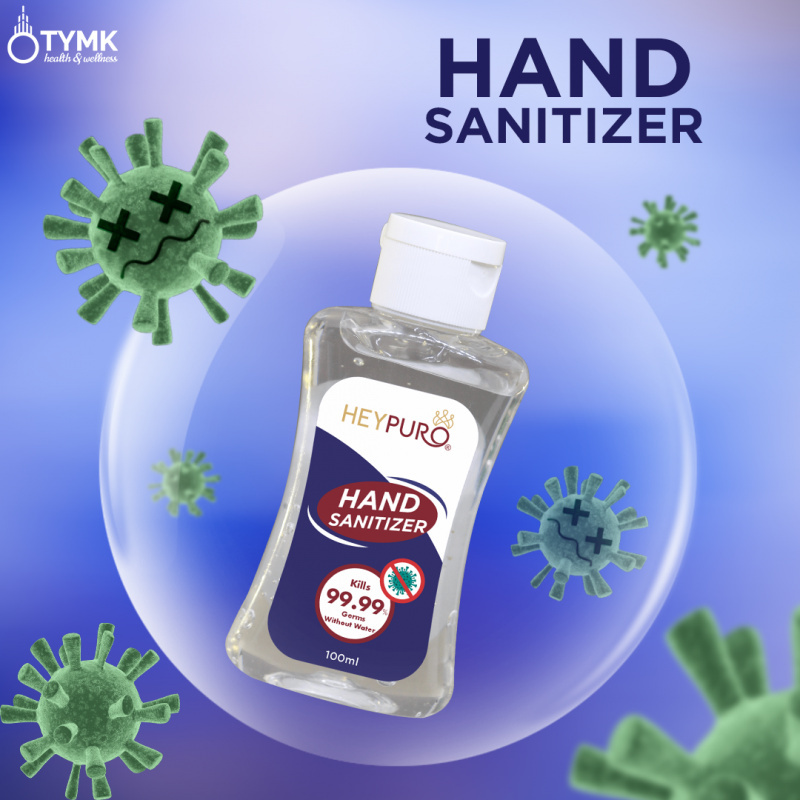Herbal Products Manufacturer

Herbal Products Manufacturer: A Natural Shift in Wellness
Herbal products manufacturers in recent years, the global health and wellness market has witnessed a powerful resurgence of interest in herbal products. As consumers become increasingly aware of the side effects of synthetic chemicals and the benefits of natural alternatives, herbal products have carved a significant niche across personal care, food, medicine, and supplements. Behind this rising trend is a dynamic and fast-evolving industry herbal products manufacturing.

Today, herbal product manufacturers are not just producing age-old remedies; they are blending ancient wisdom with modern science to create high-quality, effective, and safe products. Let’s delve into what drives this sector, what it takes to be a leading herbal products manufacturer, and why this industry matters now more than ever.

Understanding the Herbal Products Industry
Herbal products are derived from natural plant sources. These may include leaves, roots, stems, flowers, or seeds, and they are used for therapeutic, cosmetic, nutritional, and aromatic purposes. The industry spans a wide range of product types, including:
-
Herbal supplements (capsules, tablets, powders)
-
Herbal teas and beverages
-
Natural skincare and personal care products
-
Ayurvedic medicines
-
Herbal haircare and body care items
-
Essential oils and aromatherapy products
The herbal industry is particularly robust in countries like India and China, where traditional systems like Ayurveda and Traditional Chinese Medicine (TCM) have been practiced for thousands of years. However, the demand is now global. According to market research, the herbal medicine market alone is projected to exceed USD 550 billion by 2030.

The Role of Herbal Products Manufacturers
Herbal products manufacturers are the backbone of this industry. Their role goes beyond simply sourcing herbs and producing items. A reputable herbal manufacturer takes responsibility for:
-
Sourcing and Sustainability: Ensuring ethical and sustainable harvesting of herbs, preferably from certified organic farms or wildcrafted sources.
-
Scientific Validation: Collaborating with researchers and laboratories to test efficacy, standardize active compounds, and ensure product safety.
-
Regulatory Compliance: Adhering to global health standards, such as GMP (Good Manufacturing Practices), FDA approvals, ISO certifications, and other regional requirements.
-
Innovation: Developing new formulations that blend traditional herbal knowledge with modern delivery systems such as soft gels, serums, or transdermal patches.
-
Brand Collaboration: Partnering with wellness brands, cosmetic companies, or health professionals to provide private-label or white-label solutions.
What Sets a Good Herbal Manufacturer Apart?
The herbal product manufacturing landscape is competitive. What distinguishes top-tier manufacturers from others includes:
1. Quality Control and Testing
From raw material inspection to the final product, rigorous quality control is non-negotiable. Good manufacturers use advanced technologies like HPLC (High-Performance Liquid Chromatography), GC-MS (Gas Chromatography-Mass Spectrometry), and microbial testing to guarantee purity and potency.
2. Certifications and Compliance
Compliance with national and international standards not only ensures product safety but also builds customer trust. Certifications like:
-
GMP (Good Manufacturing Practices)
-
ISO 9001 and ISO 22716 (for cosmetics)
-
USDA Organic
-
Non-GMO Project Verified
-
Halal and Kosher
3. Custom Formulations
Many businesses today want to offer unique herbal blends. Manufacturers that provide R&D services for custom formulations gain a competitive edge. This includes ideation, formulation, testing, and even branding support.
4. Eco-Friendly Manufacturing
Sustainable practices are increasingly important to consumers. Manufacturers using biodegradable packaging, renewable energy, and zero-waste practices are winning customer loyalty while reducing environmental impact.
Explore:
Face Care
Oral Care
Hair Oils
Opportunities in Herbal Products Manufacturing
The surge in demand for herbal products is opening a world of opportunities for businesses entering this space. Some high-growth areas include:
Private Labeling Services
Small businesses, wellness influencers, and even large retailers are launching their own herbal product lines. Manufacturers offering private or white-label solutions help them scale quickly without investing in production infrastructure.
Export Potential
Countries like India, which are rich in medicinal herbs and Ayurvedic knowledge, have a huge export potential. Herbal product manufacturers can tap into foreign markets with clean, compliant products.
Nutraceuticals and Functional Foods
Consumers are increasingly opting for foods that support health goals. Herbal ingredients like ashwagandha, turmeric, ginseng, and moringa are being used in protein powders, health drinks, and snack bars.
Cosmeceuticals
The demand for herbal skincare is soaring. Ingredients like aloe vera, neem, tea tree oil, saffron, and licorice are used in face masks, anti-aging creams, and cleansers that offer both cosmetic and therapeutic benefits.
Challenges Faced by Herbal Manufacturers
Despite the promising growth, the herbal manufacturing sector does face several challenges:
-
Standardization Difficulties: Unlike synthetic drugs, herbal components can vary significantly based on soil, climate, and harvesting time.
-
Regulatory Complexity: Each country has different regulations for herbal products. Staying compliant across markets is often resource-intensive.
-
Misinformation and Skepticism: Despite growing popularity, some consumers are still skeptical of herbal remedies. Educating the market is essential.
-
Supply Chain Instability: Natural disasters, climate change, or over-harvesting can disrupt the availability of certain herbs.
Manufacturers that can proactively manage these challenges while maintaining product quality and transparency are likely to succeed long term.
How to Choose the Right Herbal Product Manufacturer
For businesses looking to enter the herbal product space, partnering with the right manufacturer is critical. Here are some factors to consider:
-
Experience & Expertise: Look for a manufacturer with proven experience in herbal formulations and certifications to back up their claims.
-
Customization Capabilities: Can they develop a unique product tailored to your target audience?
-
Transparency: Are lab reports, ingredient sourcing, and process flows shared openly?
-
Minimum Order Quantities (MOQs): Smaller businesses may need lower MOQs to start with.
-
Customer Support: Responsive communication, R&D collaboration, and after-sales support are key.
Future Trends in Herbal Manufacturing
The herbal industry is on the cusp of major innovation. Some future trends include:
-
AI and Biotechnology in Formulation – Predictive analysis and AI-driven R&D will lead to faster, more effective product development.
-
Personalized Herbal Supplements – Tailored solutions based on genetic makeup, lifestyle, and health conditions.
-
Sustainable Packaging – Plant-based packaging materials to reduce plastic waste.
-
Global Collaborations – More cross-border partnerships for traditional herbal systems like Ayurveda, TCM, and Unani.
FAQs: Herbal Product Manufacturers
1. Who are the best Ayurvedic herbal product manufacturers in India?
Some of the best include Dabur, TYMK, Himalaya, Patanjali, Baidyanath, and Vicco renowned for their quality and trust.
2. What are the top Indian herbal product manufacturers?
Top manufacturers are Dabur India Ltd, Himalaya Wellness, TYMK, Patanjali Ayurved, Baidyanath, and Arjuna Natural.
3. Can you suggest any top-rated herbal product manufacturers in India?
Yes, highly rated companies include Zoic Pharmaceuticals, Uniray Lifesciences, and Shree Dhootapapeshwar Ltd, especially for consistent quality and certifications.
4. What are the third-party herbal medicine manufacturers in India?
Notable third-party manufacturers include Zoic Pharmaceuticals, Pax Healthcare, Mefoh Healthcare, Navayur Herbals, and Seasons Healthcare.
5. What is a herbal manufacturer?
A herbal manufacturer is a company that formulates, produces, and packages health and wellness products made from plant-based ingredients such as herbs, roots, and flowers.
6. How do I choose a reliable herbal manufacturer?
Look for certifications like GMP, ISO, or USDA Organic. Check their product quality standards, lab testing protocols, sourcing transparency, customization options, and minimum order quantities (MOQs).

